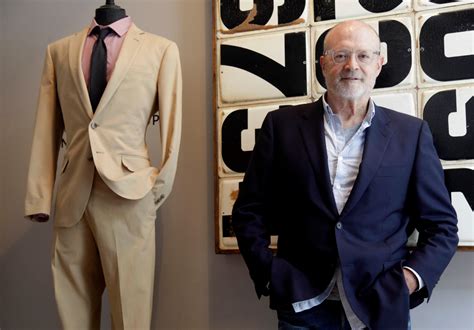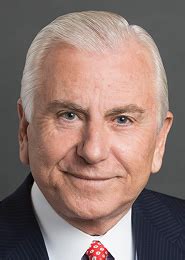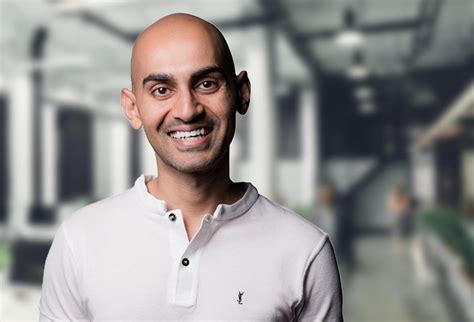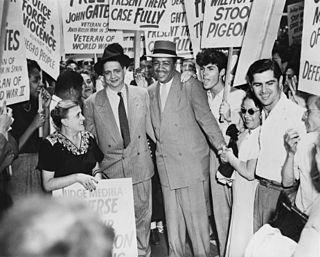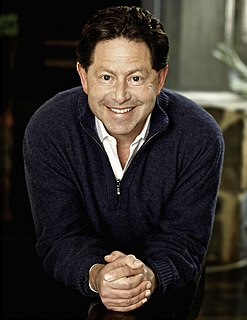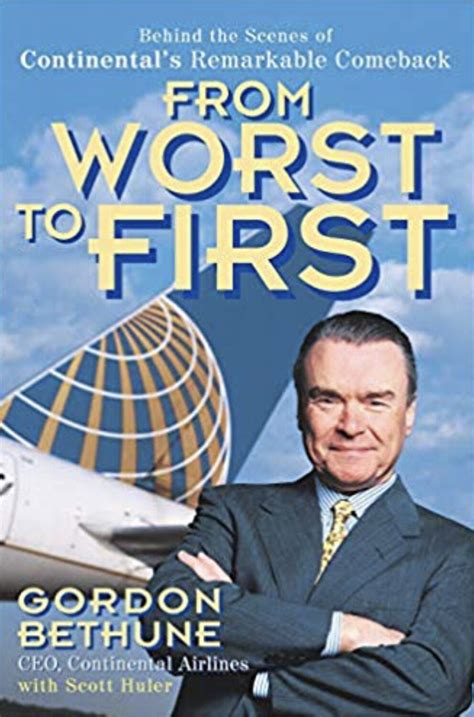A Quote by Azim Premji
Customers are now driven by trying to optimize value.
Related Quotes
Engineers love to optimize problems. Now I optimize logistical problems. I ask: 'What's the goal? What are our constraints? What is the optimal, elegant way to get to that goal within those constraints?' I break it down in terms of a data funnel: 'Where in the funnel are we inefficient?' That analytical background really helps.

